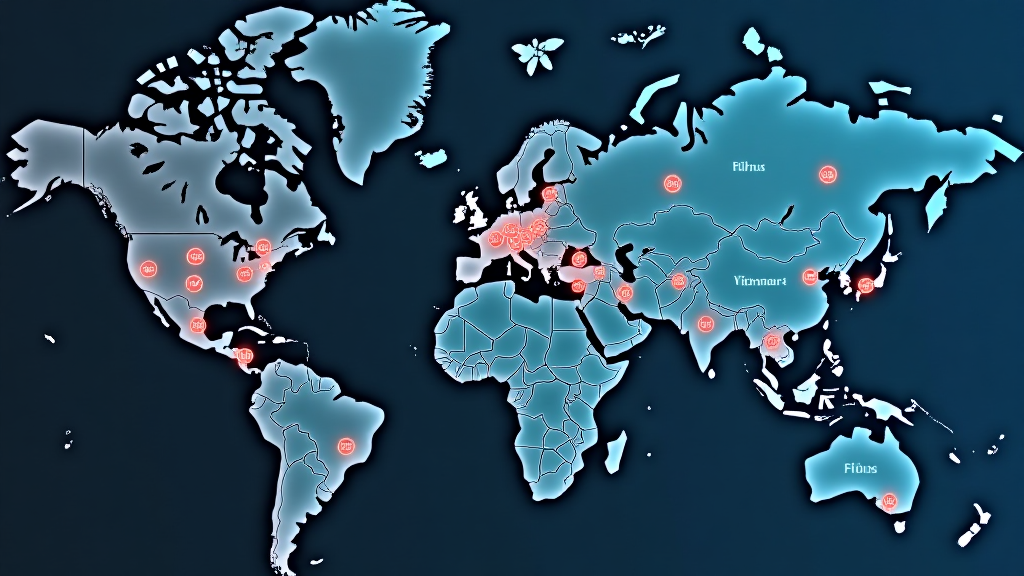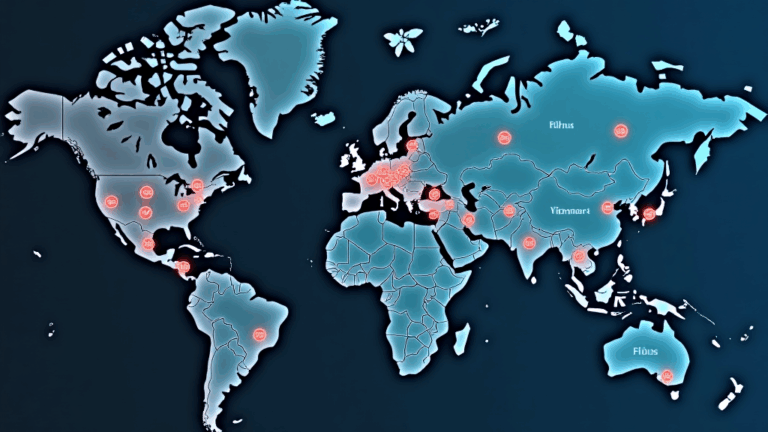Vietnam’s HIBT Data Centre: Key Locations and Trends
With the rapid growth of cryptocurrencies, securing digital assets has never been more crucial. In 2024 alone, the world saw over $4.1 billion lost to DeFi hacks. One of the key stakeholders in the security and efficiency of the cryptocurrency ecosystem is the HIBT data centre network located across Vietnam. But how do these facilities operate, and why should you care? Let’s dig into the importance of HIBT Vietnam data centre locations, the current trends shaping them, and what the future looks like for blockchain security in Vietnam.
The Importance of Data Centres in Cryptocurrency
Data centres are often compared to physical banks that store valuable information instead of money. Just as banks are secured to prevent loss, data centres are outfitted with advanced systems to protect against cyber threats. The functionality provided by HIBT in Vietnam ensures that data processing is efficient and secure.
- High-speed internet access: Essential for trading and transaction processing.
- Data protection: Implementing tiêu chuẩn an ninh blockchain to guard against unauthorized access.
- Scalability: To accommodate the soaring demand for cryptocurrencies and blockchain services.
Key Locations of HIBT Data Centres in Vietnam
Vietnam is strategically positioned to become a hub for blockchain technologies in Southeast Asia. Here are some notable data centre locations:

- Hanoi: The capital is home to HIBT’s first data centre, focusing on serving government projects and large enterprises.
- Ho Chi Minh City: This bustling metropolis is the tech capital of Vietnam, with a high concentration of start-ups and innovations in the crypto space. HIBT’s facilities here cater primarily to local businesses.
- Da Nang: Known for a lower cost of operations, HIBT’s newer centres are focused on eco-friendly technologies.
Rising User Adoption Rates in Vietnam
As of 2025, the user growth rate for cryptocurrencies in Vietnam has soared by over 25%. This increase is pivotal in driving demand for more secure and reliable data centres.
The Role of HIBT in Strengthening Blockchain Ecosystems
To facilitate a resilient crypto environment, the HIBT facilities adhere to the highest security standards. This includes compliance with local regulations, ensuring that businesses can rely on robust infrastructure.
- Smart Contract Audits: Ensuring that protocols are established without vulnerabilities.
- Best Practices in Data Handling: Facilitating secure transactions across different blockchain networks.
How HIBT Compares to Global Trends
According to Chainalysis 2025 report, the demand for secure data facilities worldwide is increasing, driven by state-sponsored attacks and rising breaches. Vietnam’s client-focused approach through HIBT is a model that can potentially influence other Southeast Asian nations.
Future Prospects for HIBT Data Centres in Vietnam
The future of HIBT in Vietnam looks promising. With the growing interest in NFTs, DeFi projects, and blockchain technology at large, the HIBT data centres are poised to cater to an expanding market.
Furthermore, with Vietnam’s favorable economic climate and tech-savvy workforce, the government shows commitment to support digital transformation in line with global standards.
Conclusion: Why HIBT Matters
In a landscape where security breaches can lead to catastrophic losses, the HIBT Vietnam data centre locations stand as a fortress for the crypto community. As the criteria for blockchain security evolve, having a local partner like HIBT is invaluable for both businesses and investors.
As we look ahead to 2025 and beyond, the significance of data centres in Vietnam will only grow in tandem with regional blockchain advancements. Explore your options and ensure your digital assets are safeguarded with HIBT.
At ccoinshop, we’re committed to guiding you through the complexities of crypto investments and security. Remember, investing comes with its risks. Always consult your local regulations before proceeding.
Written by John Doe, a blockchain expert with over 15 publications in digital security. John has led several high-profile audits for tech projects in the region.




